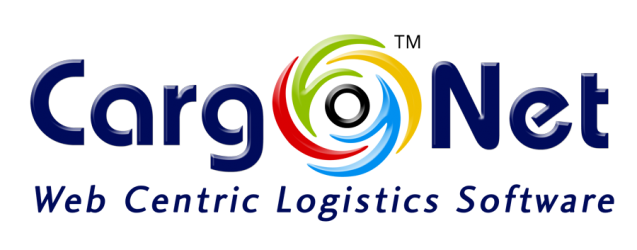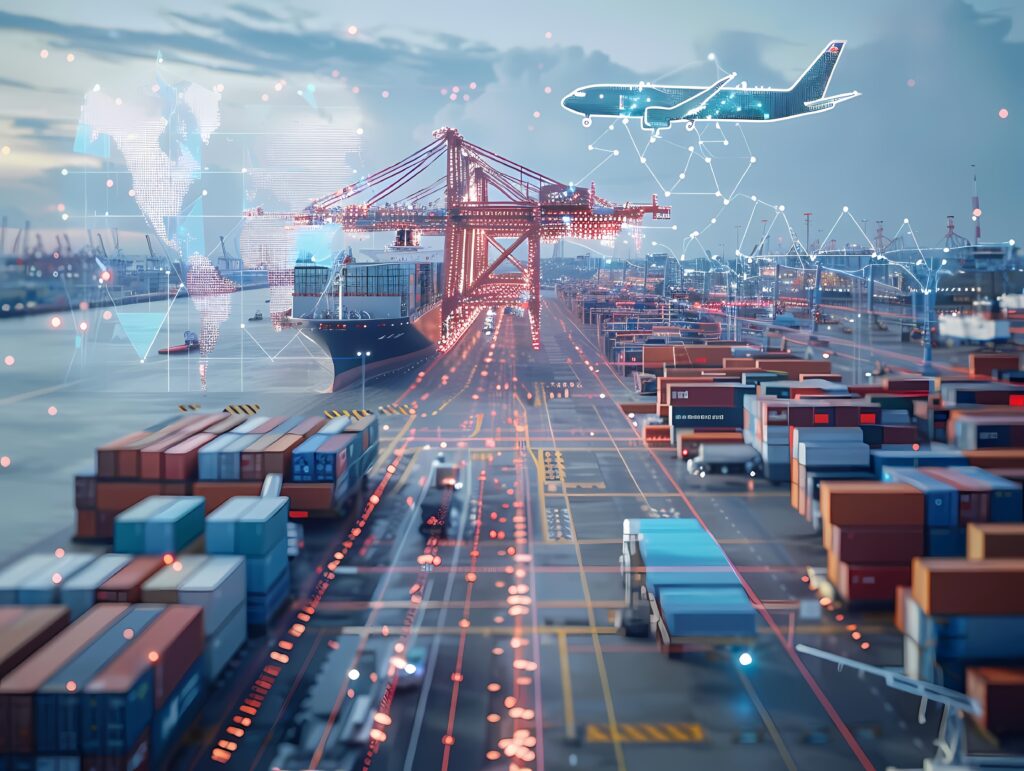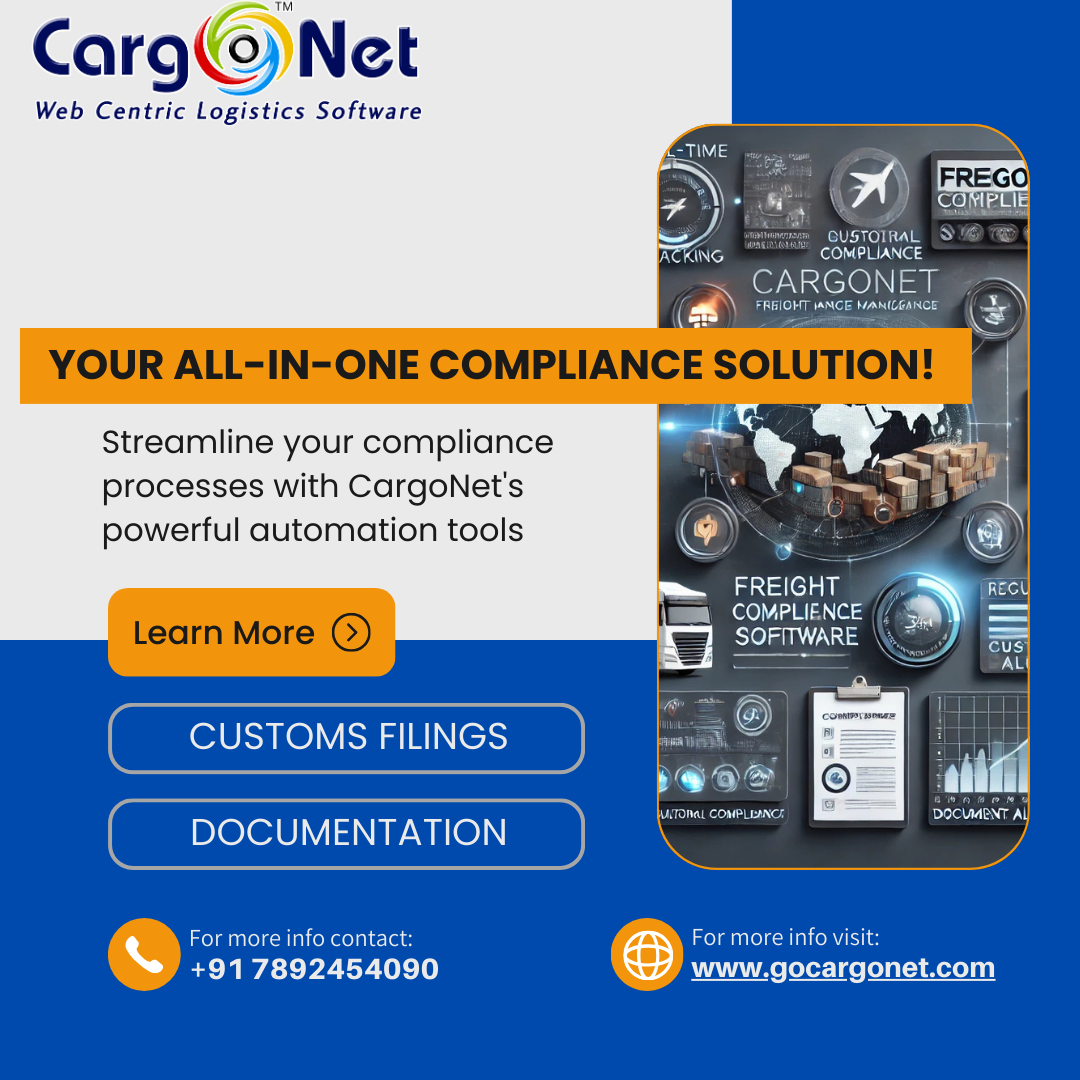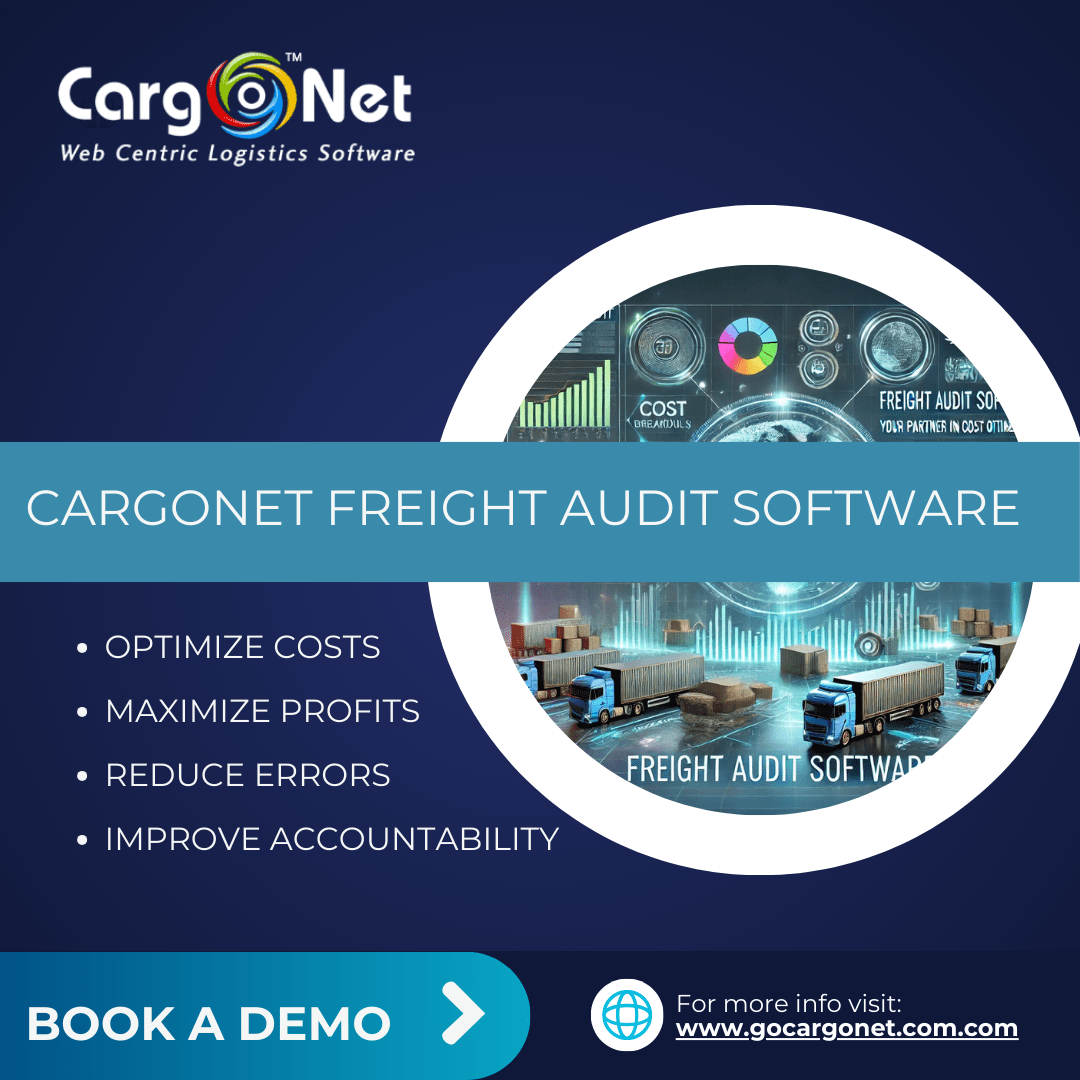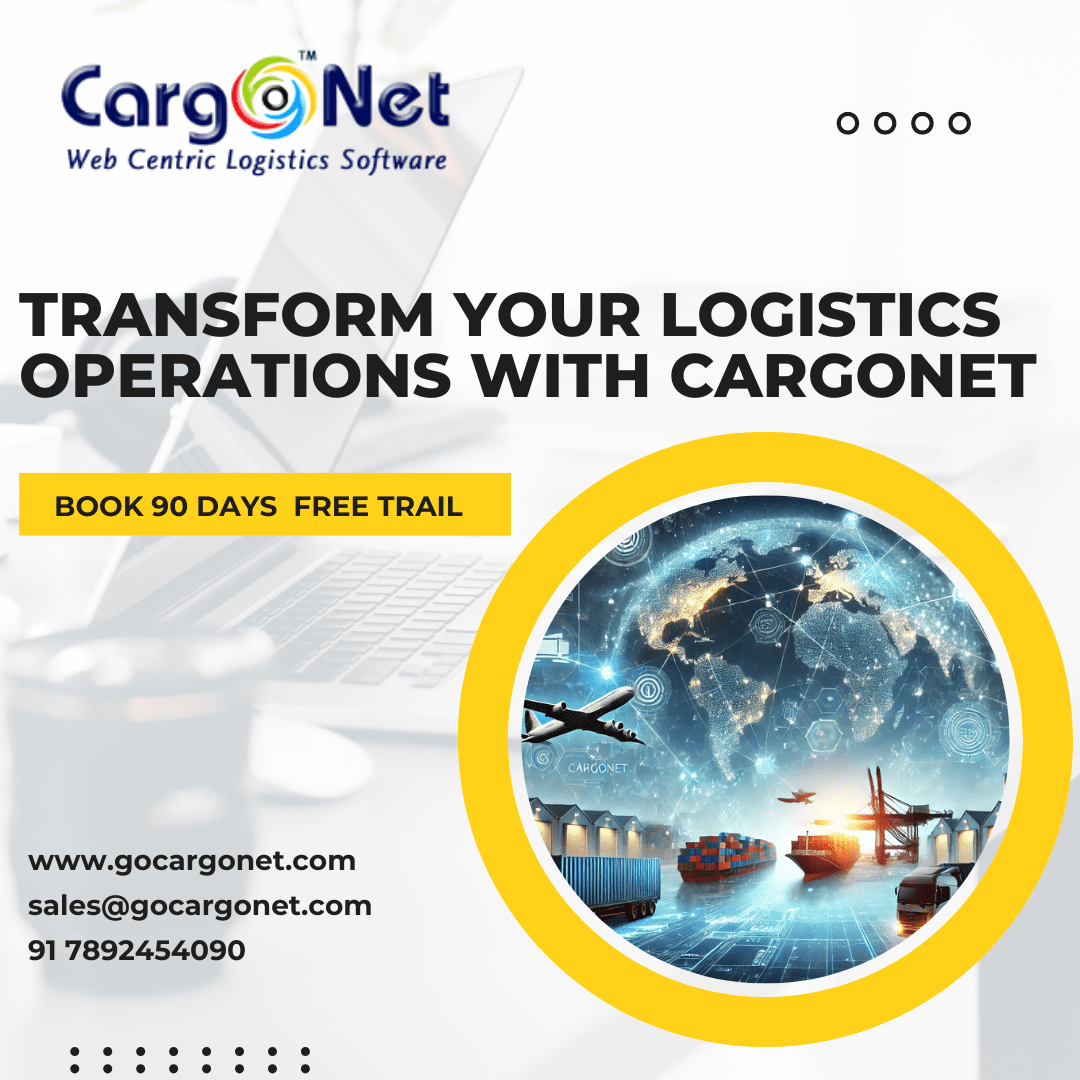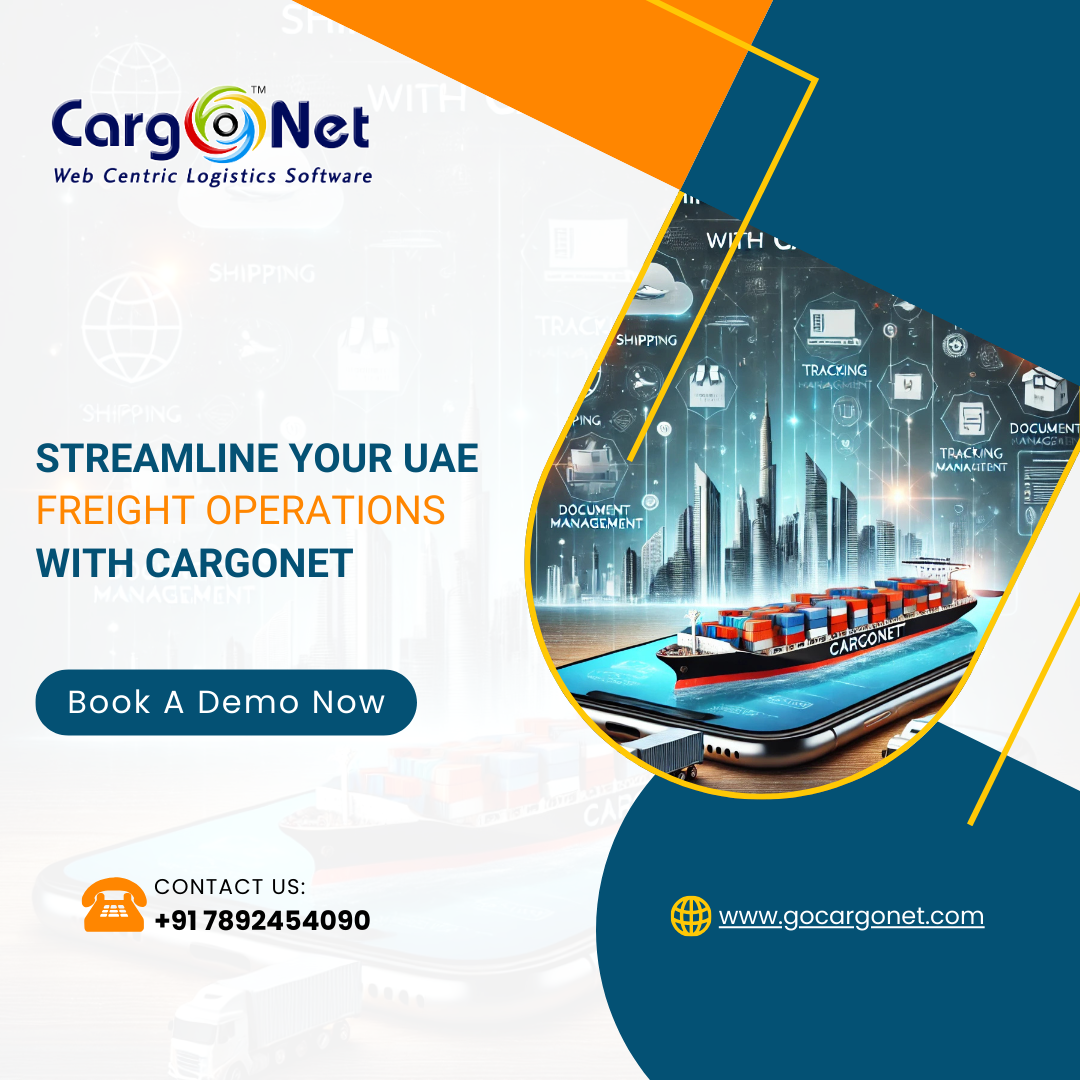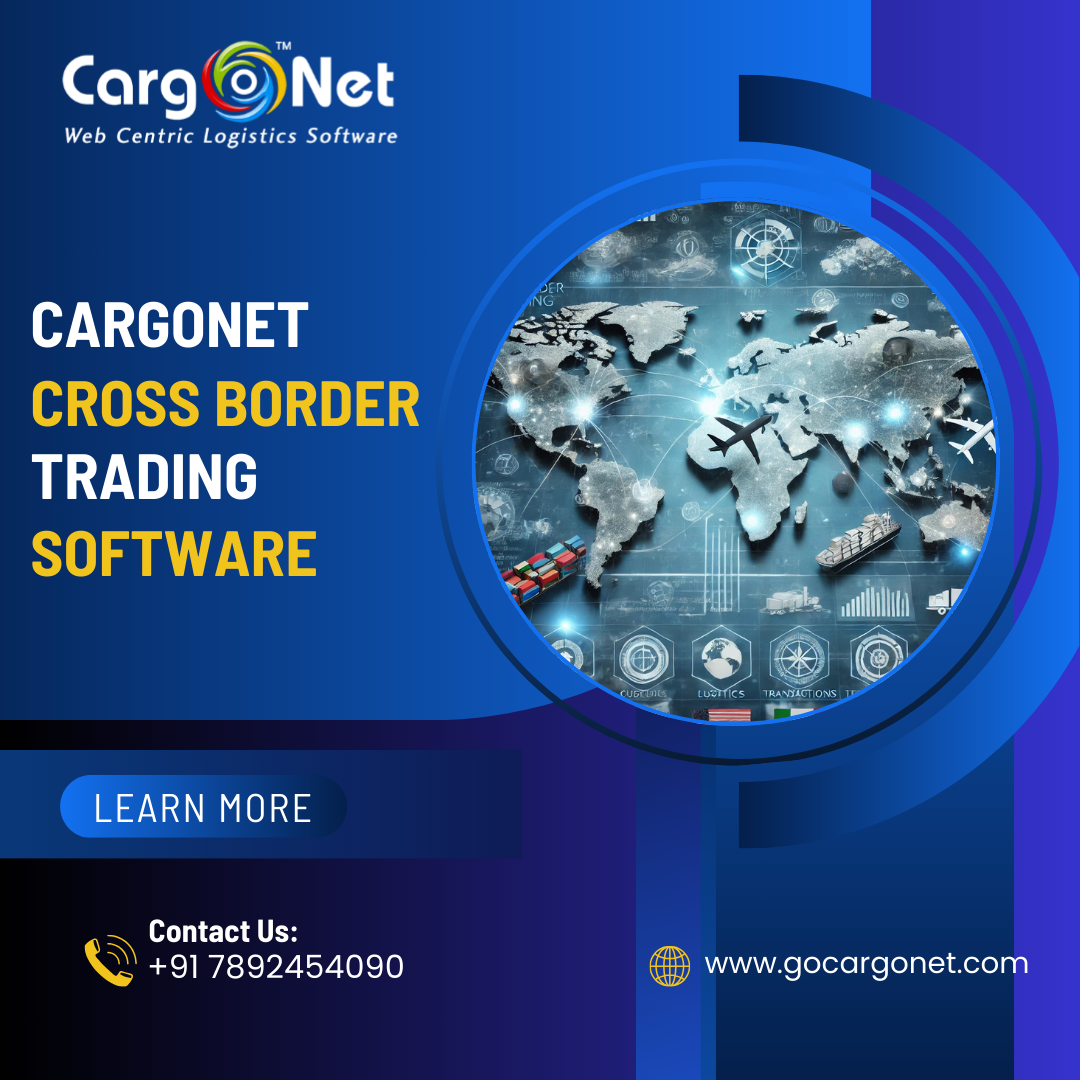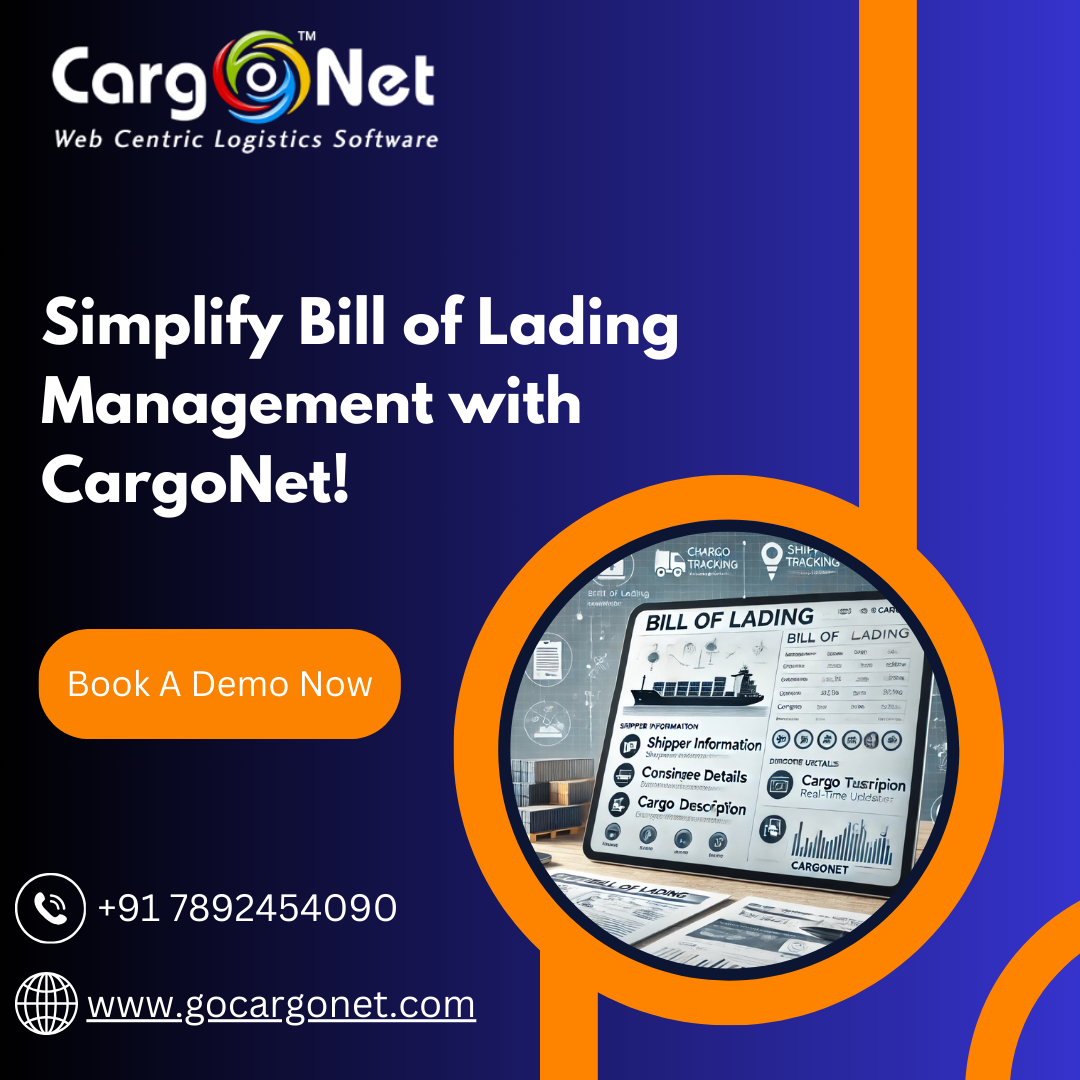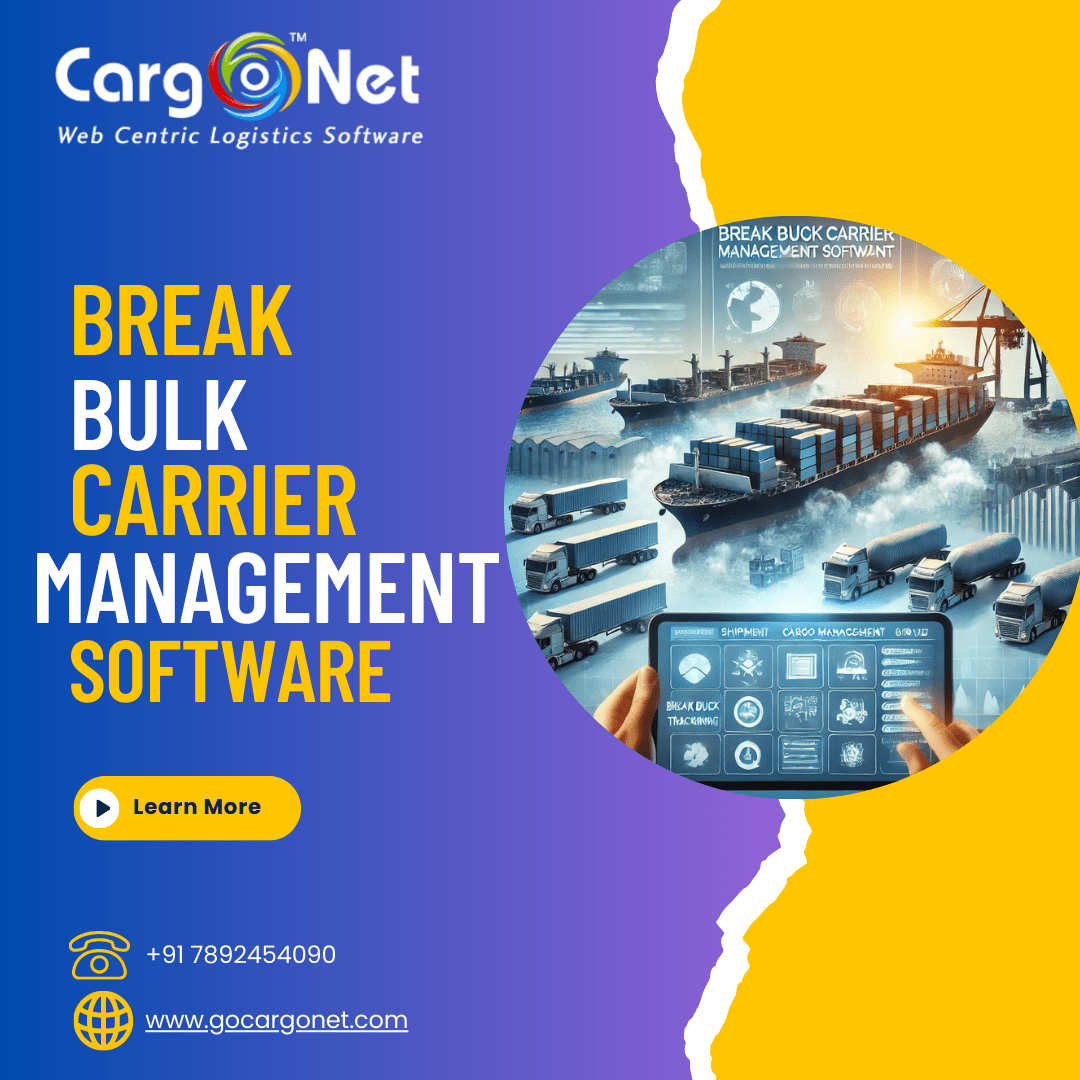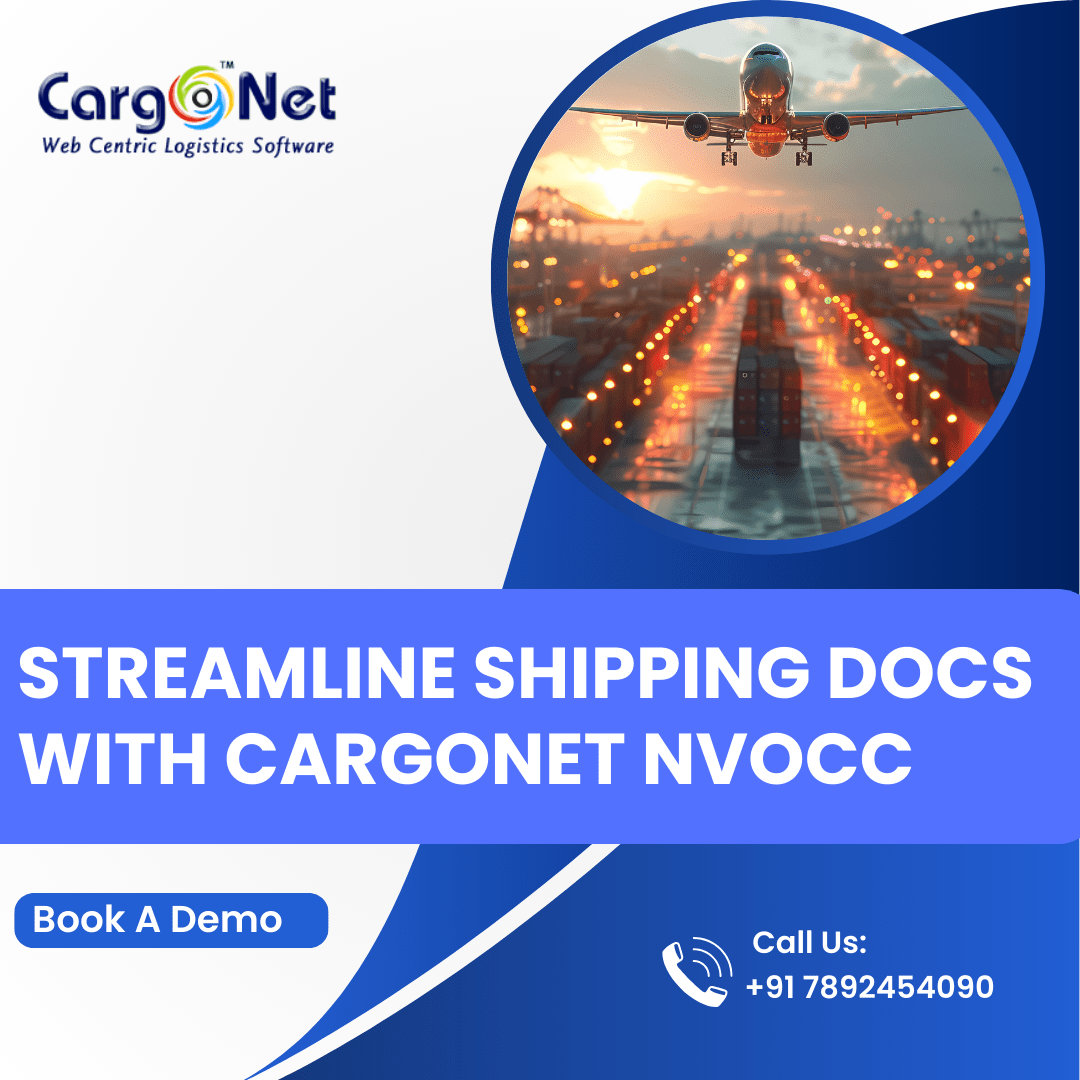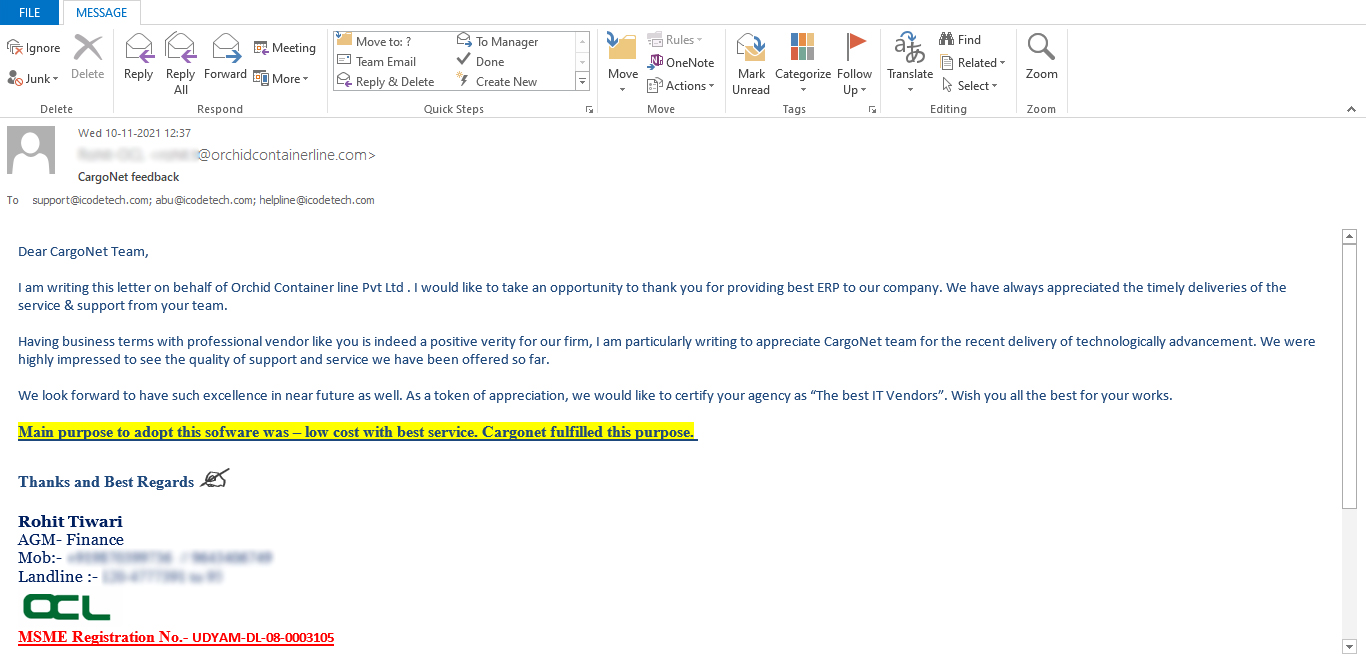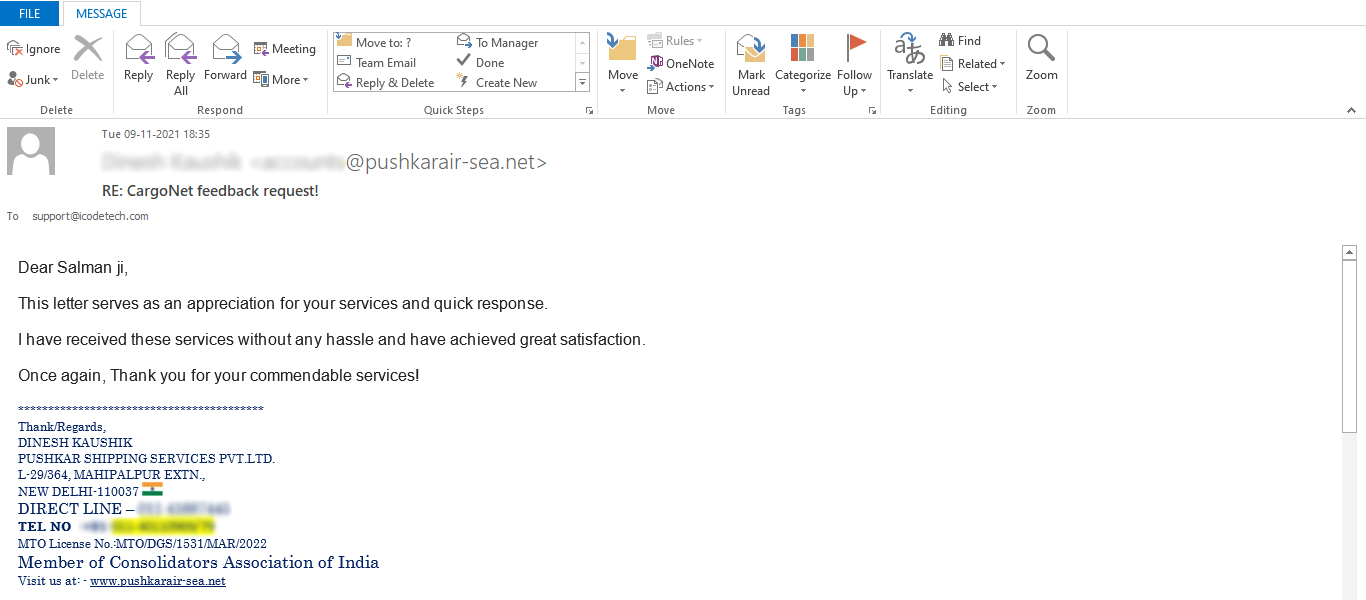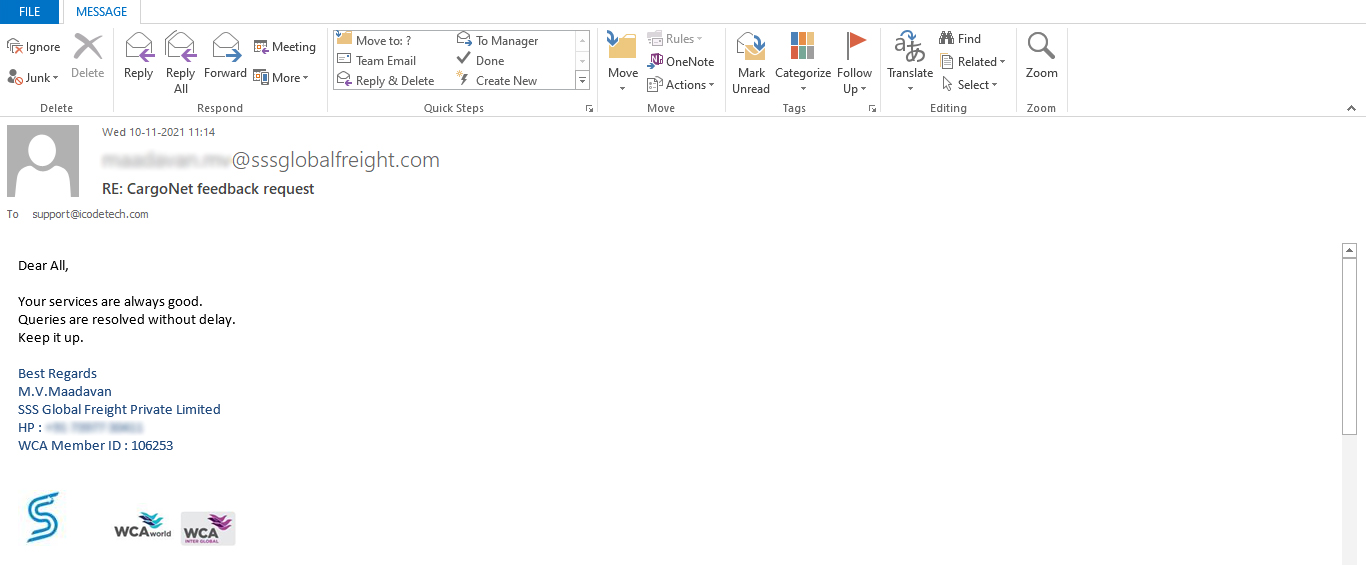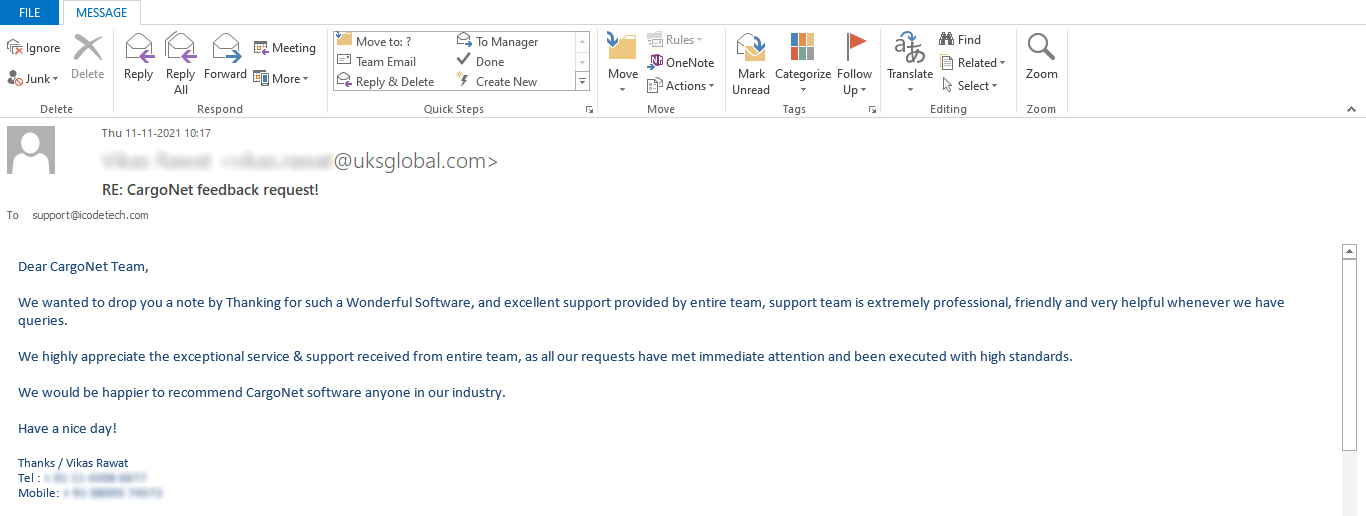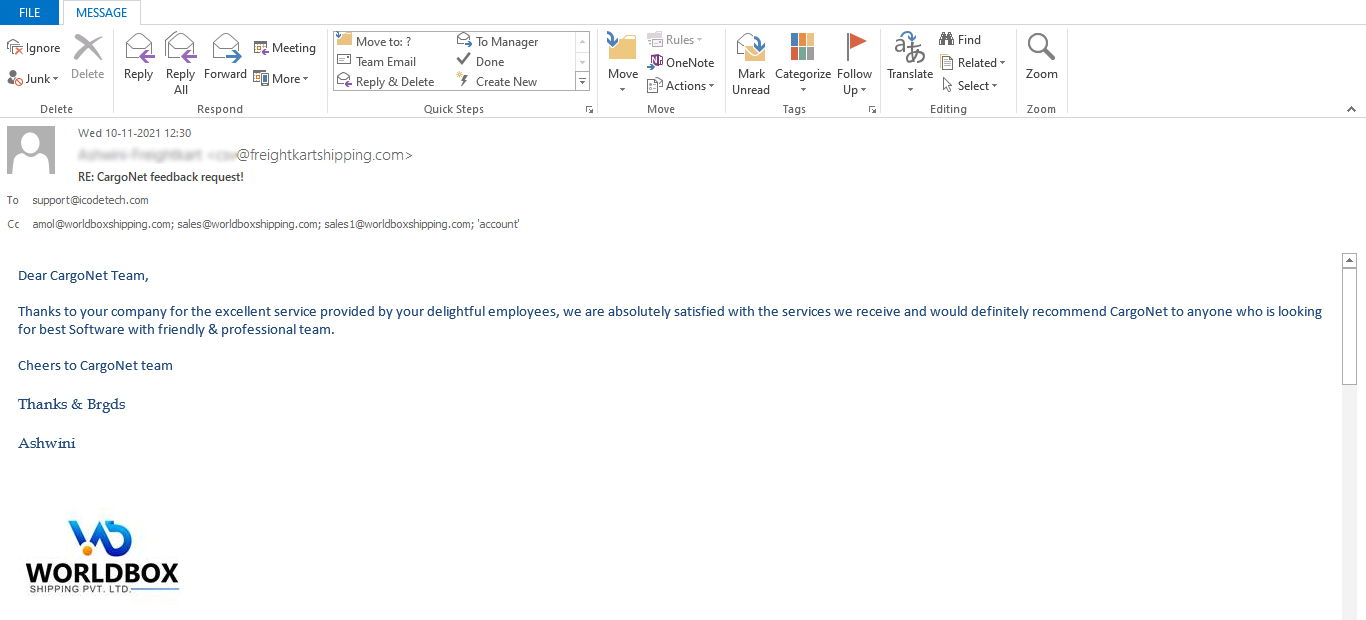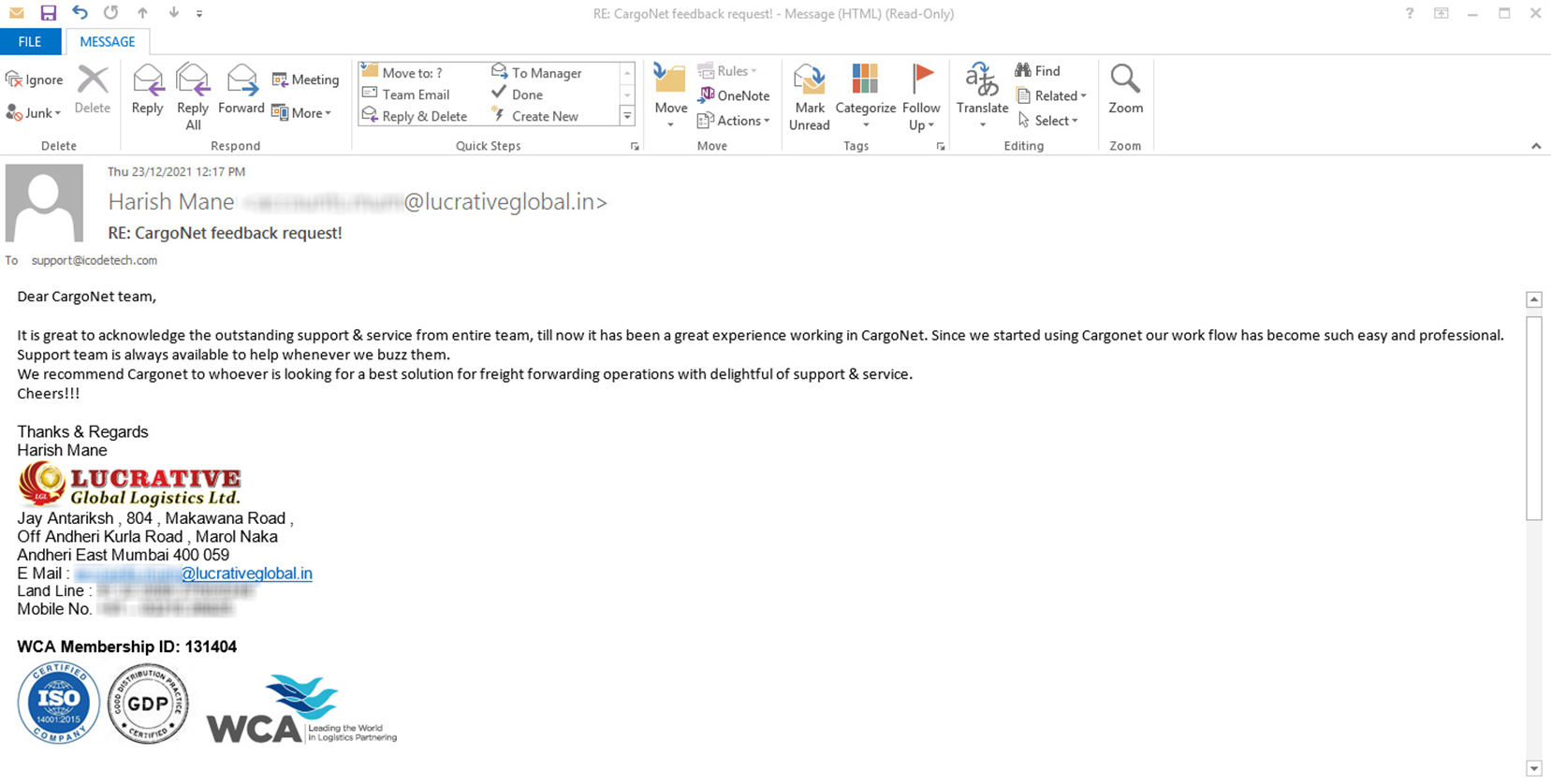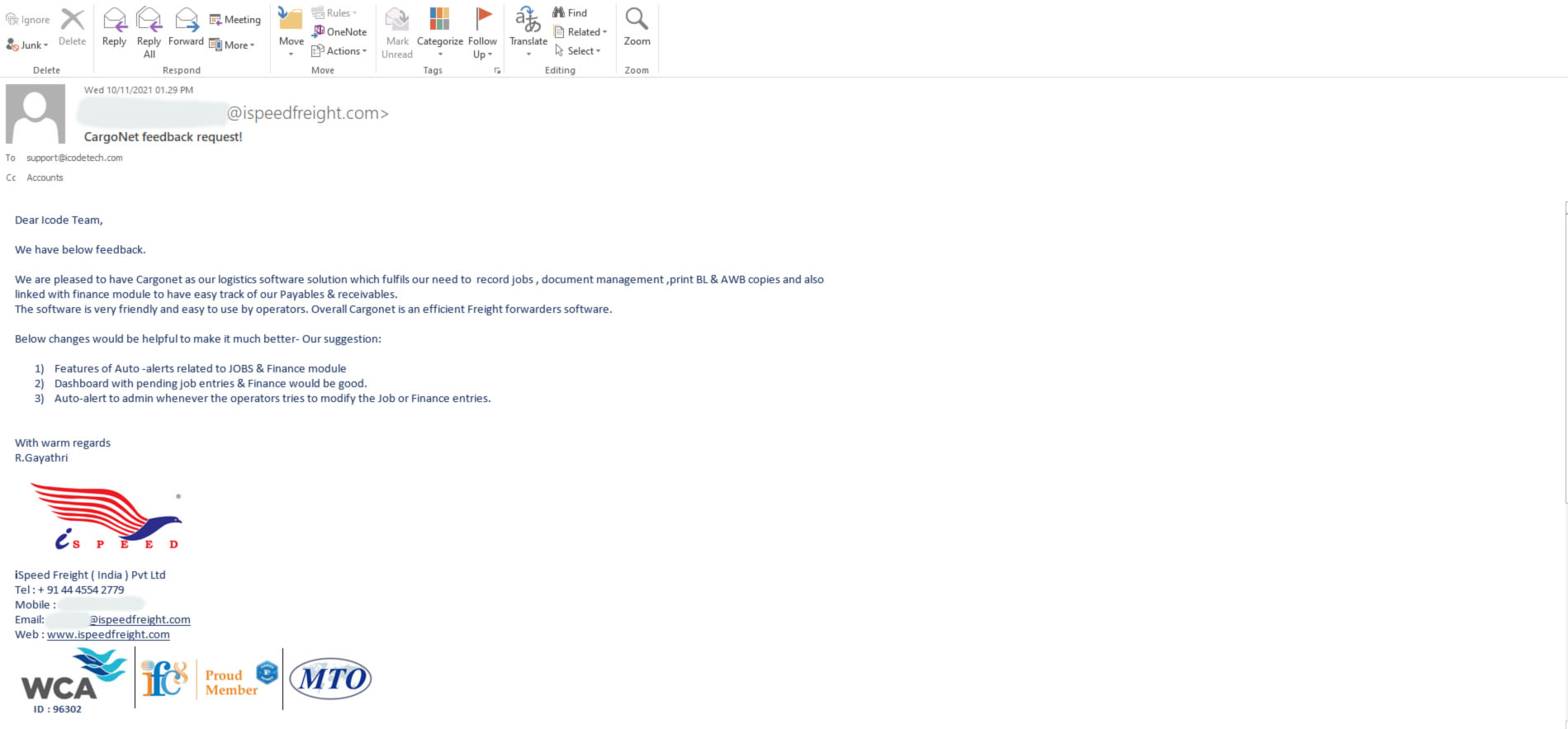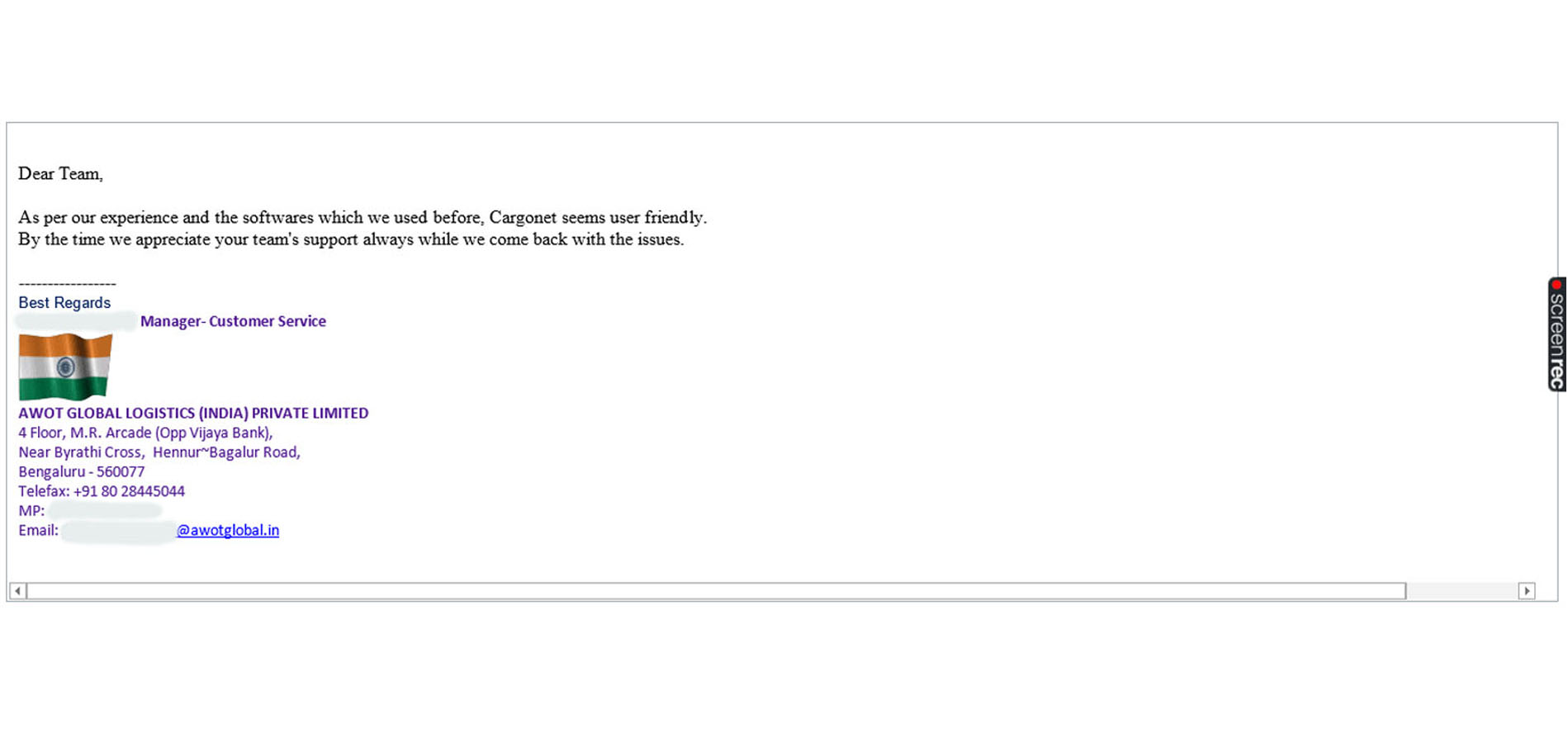The freight forwarding industry stands at a pivotal juncture, driven by technological advancements that are fundamentally reshaping how goods are transported worldwide. Among these innovations, digital solutions CargoNet are at the forefront, revolutionizing freight forwarding operations. In this blog, we will explore the contrasts between digital freight forwarders utilizing CargoNet and their traditional counterparts. We’ll delve into the key differences, advantages, and challenges associated with each approach, providing a comprehensive analysis for industry stakeholders.
Overview of Freight Forwarding
Freight forwarders play a crucial role in the global supply chain, acting as intermediaries between shippers and carriers to facilitate the transportation of goods. Traditionally, this process has been labor-intensive, involving extensive paperwork, manual coordination, and significant human intervention.
Traditional Freight Forwarding
Historically, freight forwarding has relied on manual processes, extensive documentation, and face-to-face interactions. These methods, while effective in the past, are often plagued by inefficiencies and delays.
Digital Freight Forwarding
The advent of digital technologies has introduced a new paradigm in freight forwarding. Digital freight forwarders leverage advanced software platforms like CargoNet, enhancing operational efficiency, transparency, and customer service.
What is CargoNet?
CargoNet is a cutting-edge software platform designed to streamline and optimize the freight forwarding process. It integrates various functionalities, including real-time tracking, automated documentation, and advanced data analytics, providing a comprehensive solution for modern freight forwarding needs.
Benefits of CargoNet
CargoNet offers several advantages, such as:
- Automation: Reduces manual tasks, minimizing errors and increasing efficiency.
- Real-Time Tracking: Provides up-to-date information on shipments, enhancing visibility and control.
- Data Analytics: Offers insights that help in decision-making, route optimization, and cost reduction.
Key Differences Between Digital and Traditional Freight Forwarders
Operational Efficiency
Traditional Freight forwarders: Freight forwarding operations are often bogged down by paperwork, manual data entry, and the need for constant human oversight.
Digital Freight Forwarder with CargoNet : Automation significantly reduces manual tasks, streamlining workflows and increasing operational efficiency. CargoNet’s automated documentation and electronic data interchange (EDI) capabilities eliminate the need for extensive paperwork, speeding up processes and reducing the likelihood of errors.
Speed and Reliability
Traditional Freight forwarders: Manual processes can lead to delays in shipment processing and documentation, affecting overall speed and reliability.
Digital Freight Forwarder with CargoNet : With real-time tracking and automated updates, digital freight forwarders ensure faster processing times and greater reliability. CargoNet’s system provides instant access to shipment status, enabling quicker decision-making and reducing delays.
Cost Efficiency
Traditional Freight forwarders: Higher operational costs are incurred due to manual labor, paperwork, and inefficiencies in the process.
Digital Freight Forwarder with CargoNet : The automation and optimization features of CargoNet reduce operational costs by minimizing manual labor and streamlining processes. This not only cuts costs but also enhances overall productivity.
Customer Experience
Traditional Freight forwarders: Customer interactions are often limited to phone calls and emails, with limited transparency and tracking capabilities.
Digital Freight Forwarder with CargoNet : Enhanced customer experience is a hallmark of digital freight forwarding. CargoNet offers real-time tracking, automated notifications, and a user-friendly interface, providing customers with greater visibility and control over their shipments.
Advantages of Using CargoNet
Improved Accuracy and Reduced Errors
CargoNet automation features drastically reduce human errors, ensuring accurate documentation and seamless operations. This leads to fewer shipment delays and disputes, enhancing overall reliability.
Enhanced Data Management
CargoNet centralizes data management, allowing for easy access to shipment details, performance metrics, and historical data. This centralized data repository facilitates better decision-making and strategic planning.
Scalability and Flexibility
Digital solutions like CargoNet are highly scalable, making it easier for freight forwarders to expand their services and adapt to changing market demands. Whether it’s handling increased shipment volumes or integrating new services, CargoNet provides the flexibility needed for growth.
Sustainability
By reducing paper usage and promoting digital documentation, CargoNet supports sustainable practices in freight forwarding. This not only reduces the environmental impact but also aligns with global sustainability goals.
Challenges and Considerations
Adoption and Integration
Transitioning from traditional to digital systems can be challenging. Freight forwarders must invest in training and change management to ensure a smooth transition.
Initial Investment
Implementing digital solutions CargoNet requires a significant initial investment in software, hardware, and training. However, the long-term benefits often outweigh these costs.
Training and Skill Development
The shift to digital solutions necessitates upskilling the workforce. Freight forwarders need to invest in training programs to equip their staff with the skills required to operate new technologies effectively.
Cybersecurity
With the increase in digital operations, ensuring robust cybersecurity measures is essential. Freight forwarders must implement comprehensive security protocols to protect sensitive data and prevent cyber threats.
Conclusion
In conclusion, the shift towards digital freight forwarding using platforms like CargoNet represents a significant leap forward for the industry. While traditional freight forwarding has its merits, the advantages offered by digital solutions are undeniable. From enhanced efficiency and cost savings to improved customer experience and sustainability, digital freight forwarders are setting new standards in the logistics sector.
As the industry continues to evolve, embracing digital solutions like CargoNet will be crucial for staying competitive and meeting the demands of the modern supply chain. We encourage freight forwarders to explore these advancements and consider the transformative potential of digital technologies for their operations.
